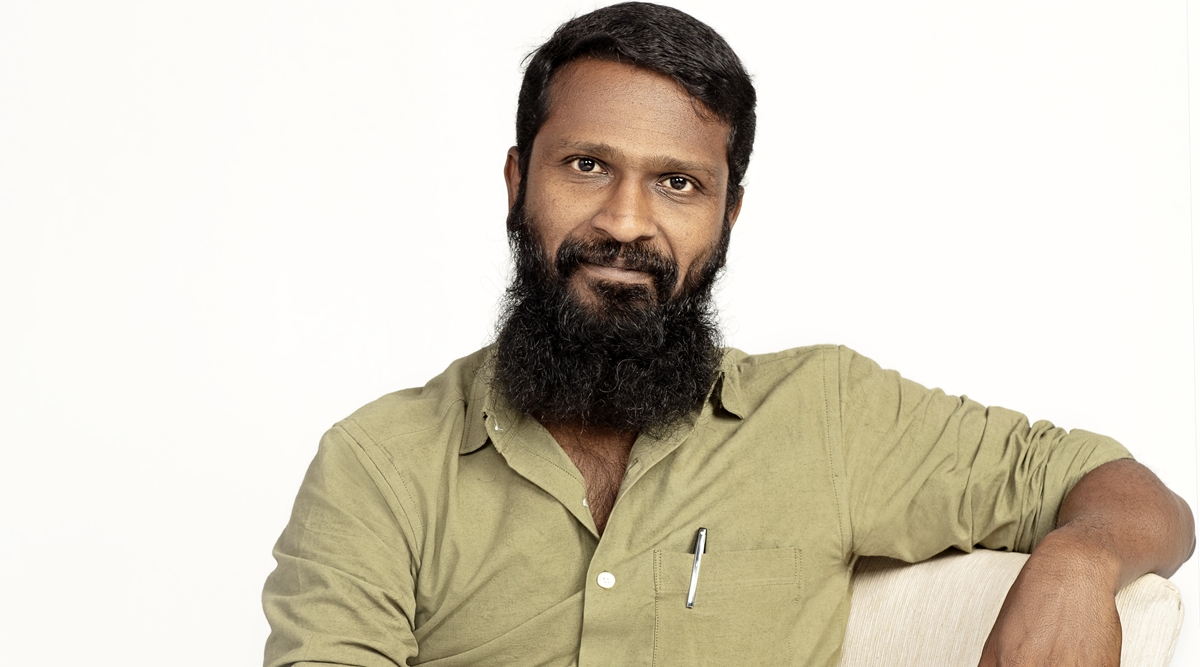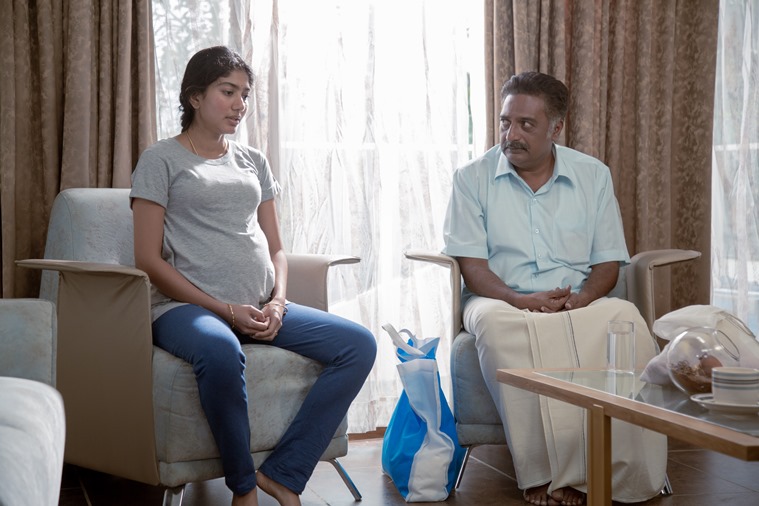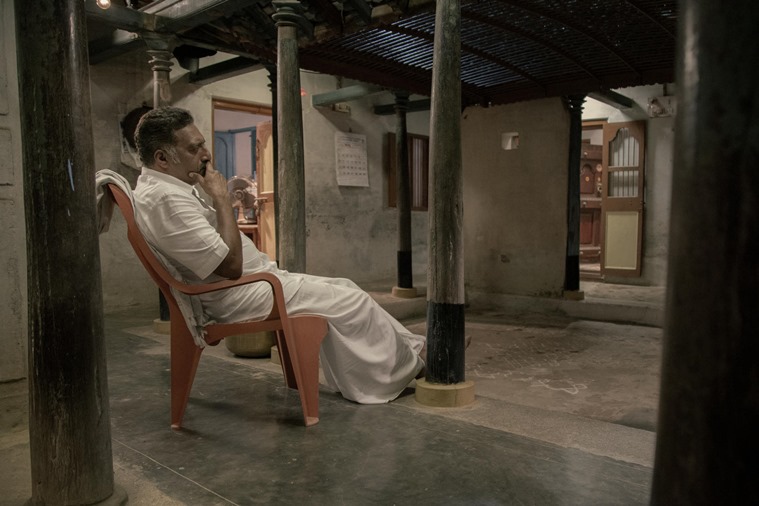Writer-director Vetri Maaran's short film Oor Iravu, which is part of the Tamil film anthology Paava Kadhaigal and features Prakash Raj and Sai Pallavi, takes a searing look at patriarchy.
Since the upcoming Tamil film anthology Paava Kadhaigal is freed from the compulsions of mainstream cinema and theatrical release, filmmaker Vetri Maaran saw it as an opportunity to initiate discussions about deeply-entrenched societal biases. Taking a jab at “regular love stories”, the writer-director says it is “liberating to share relevant and sensible stories” with audiences worldwide. The anthology will be released on Netflix on December 18.
His short film Oor Iravu (One Night) shows the horrific consequences of patriarchal mindset prevailing over parental love. Actors Prakash Raj and Sai Pallavi, who essay the lead roles of estranged father and daughter, lend it a touch of authenticity with their riveting performances. “I knew casting Prakash Raj and Sai Pallavi as father and daughter would reduce my work by half. When an actor like Prakash Raj becomes part of a story like this, he adds value to it. That apart, he has the ability to shift (emotionally) from one end of the spectrum to the other within seconds — from being a loving father to an aggressive patriarch who would do anything to assert his belief,” says Vetri Maaran.
For the daughter’s role, he was looking for someone who appears vulnerable and innocent. Sai Pallavi had earlier turned him down for Asuran (2019) as she was waiting for a meatier role. This time, she came on board without much hesitation. “Verti Maaran Sir had only given me a brief. He said he had not written a script and would decide it on the sets,” recalls Sai Pallavi. Once the Premam actor reached the sets, she realised how meticulously he was creating her character and the world she inhabits. “He was working from scratch — from deciding my body language to what phone I would use, all the while trying to incorporate those elements that I would be comfortable portraying,” says Sai Pallavi, who has acted in movies such as Kali (2016) and Athiran (2019).
As a filmmaker, Verti Maaran doesn’t hesitate to highlight uncomfortable truths about our society. “We all should feel responsible for letting such incidents happen and not questioning them. A film like this should support ongoing discussions on these issues. I want it to rectify the prevalent narrative,” he says. How far does his personal politics dictate what he writes? “It is very challenging to be apolitical at this point in history, not just in India but across the world. Today, the power of the right-wing is immense. But you have to have your political opinion whatever be your stand — right or left,” he replies.
The filmmaker, however, makes it clear that he doesn’t want his movies to be a medium of propaganda. Other directors of this four-part Tamil film anthology are Sudha Kongara, Vignesh Shivan, and Gautham Vasudev Menon. While Oor Iravu is about honour killing, other shorts deal with gender, caste, and sexual violence.
Oor Iravu’s lengthy climax — when the father locks up the daughter in a room, ignoring her desperate cry for help — unravels how a patriarchal mind works and justifies violence. Sai Pallavi doesn’t have much memory of shooting for that scene barring the sense of utter disbelief and betrayal that her father could hurt her. The same feeling resurfaced when she dubbed for the scene. “Even now, I carry that scar in me,” says the actor, who made heads turn last year when she refused to endorse a skin lightening cream.
For Verti Maaran, the idea of the short started with this unsettling scene. “Someone you loved the most is going through pain. Yet, you are just standing there because you believe that there is something greater than the love you have for a son or daughter. I wanted to magnify such a moment to get an up-close look at patriarchy. I knew it would be very haunting for all of us involved. This is our way of saying that this (such violence) needs to stop,” says Vetri Maaran, who has directed much talked about movies such as Aadukalam (2011) and Visaaranai (2016).
Source: Read Full Article




